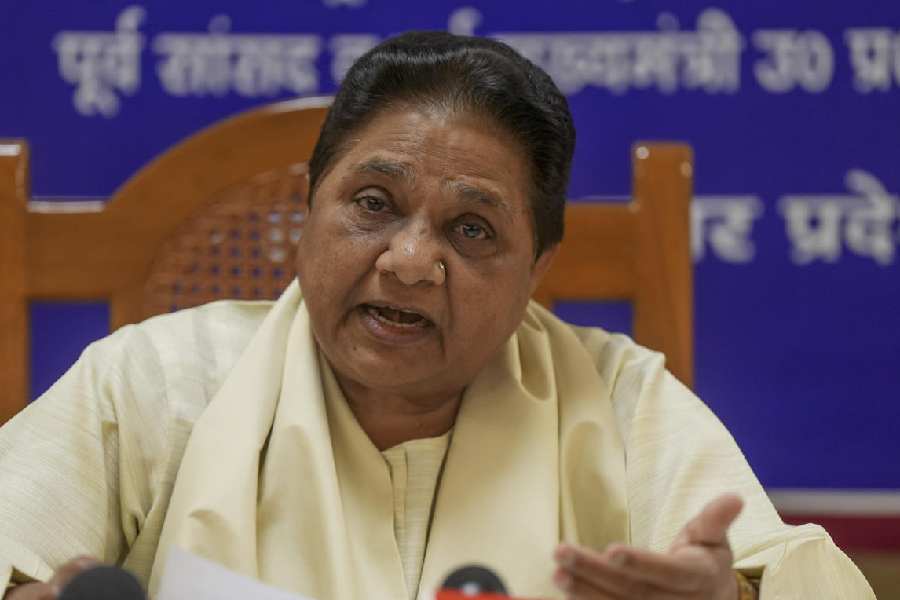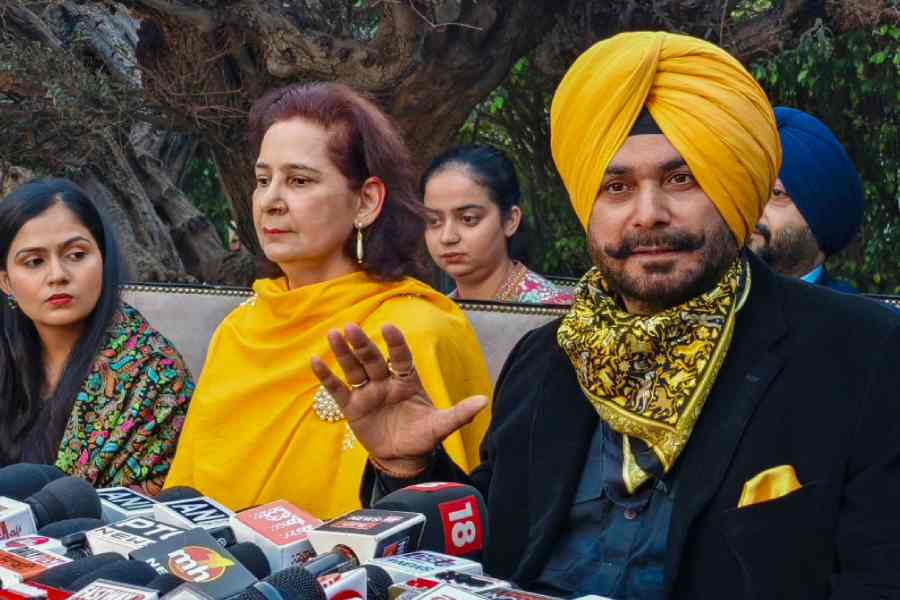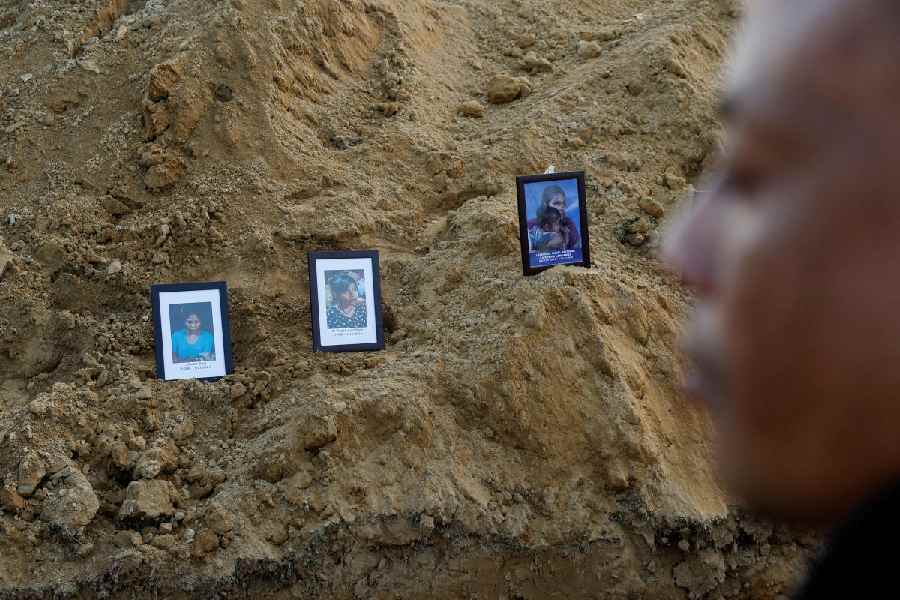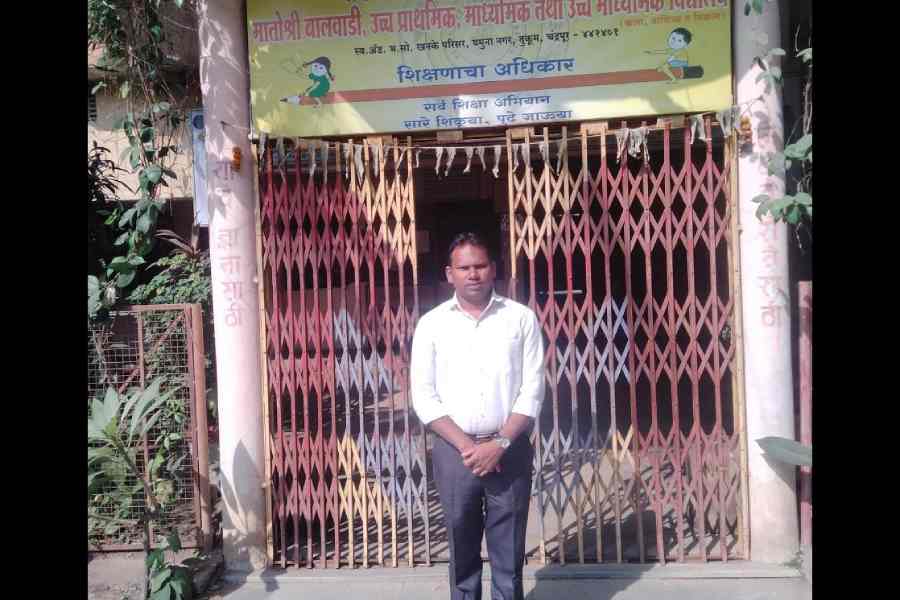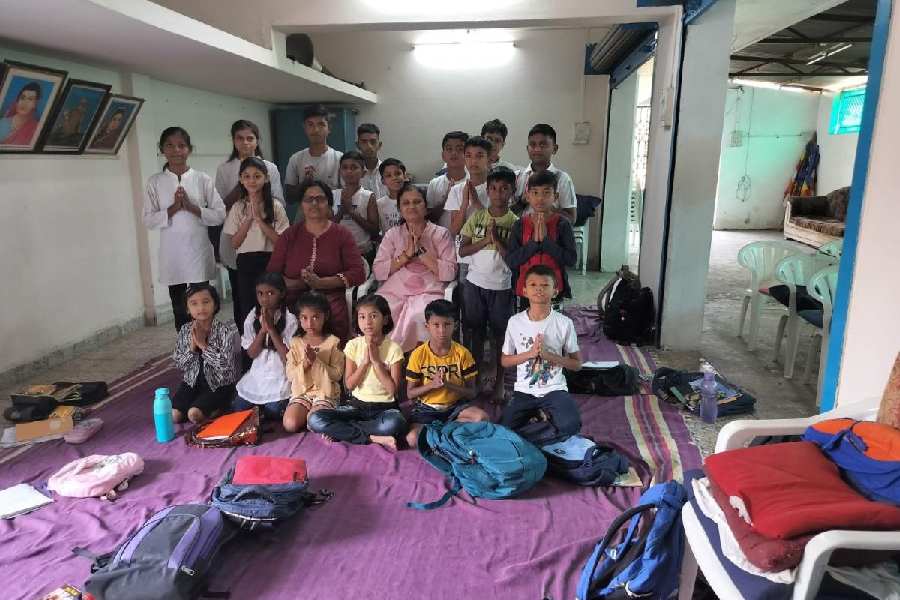The opposition BJP in Bihar on Monday voiced dissatisfaction with the caste survey conducted by the Nitish Kumar government, stressing that it did not give an idea of the "changed social and economic realities" over the years.
State BJP president Samrat Choudhary emphasised that his party had "given its consent" for the exercise and would make an assessment of the findings which have now been made public.
"The BJP will give a statement on the findings after studying the same. However, we wish the survey had studied the social and economic conditions of different castes and placed these on record. We need to take into account the changed social and economic realities," Chaudhary told reporters here.
According to the figures released by the government, OBCs and EBCs constitute more than 63 per cent of the state’s total population.
The findings are likely to give a boost, in the state, to the ruling 'Mahagathbandhan' which claims to represent the interests of Other Backward Classes (OBCs) and Extremely Backward Classes (EBCs).
Two of the largest constituents of the ruling alliance, Chief Minister Nitish Kumar's JD(U) and Lalu Prasad's RJD, are run by leaders owing their rise to the Mandal wave of 1990s, which helped OBCs gain political primacy in a state traditionally dominated by the upper castes.
The BJP, which has been generally seen as being pro-upper caste, has begun warming up to the changed political landscape, as evident from the rise of OBC leaders like Choudhary and Union minister Nityanand Rai who headed the party's state unit earlier.
Choudhary's statement is in line with the contention that over the years, the condition of many among the upper castes has "worsened", a reason why the Narendra Modi government at the Centre introduced quotas for the economically weaker sections.
Except for the headline, this story has not been edited by The Telegraph Online staff and has been published from a syndicated feed.


